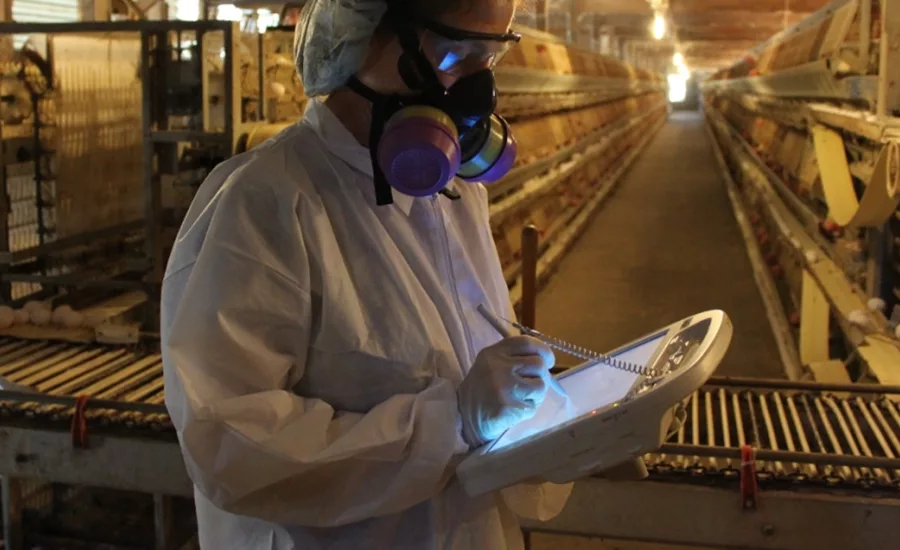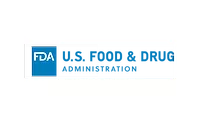FDA: Update on Standard Operations for Domestic Inspections

The U.S. Food and Drug Administration (FDA) began transitioning to standard operations for domestic inspections on July 1 while continuing to prioritize mission-critical work for foreign inspections. The agency's base-case scenario, anticipated and outlined in the “Resiliency Roadmap for FDA Inspectional Oversight” report, was released by the agency in May 2021. This report highlights the impact of the COVID-19 pandemic on its inspectional activities, including plans for a transition back to a more consistent state of operations.
Over the past year, FDA continued conducting mission critical inspections in the U.S. and around the world to assure the safety of the country’s medical products and food supply. However, this is an important step forward in the return to a normal routine for the agency's inspectional responsibilities, which FDA can safely transition to based on the availability of COVID-19 vaccines and COVID-19 testing. While protecting the health and safety of all Americans is important, the agency will not put FDA employees at risk or those at the facilities it inspects. Keeping everyone safe is FDA's priority and normalizing its operations will help fulfill its public health mission.
What does a “transition to standard operations” mean? In the human and animal foods arena, it means that FDA investigators will conduct surveillance domestic inspections. The surveillance domestic inspections in the food program will include oversight of the human and animal food industry and include a variety of firm types including dietary supplement manufacturers, confectioner and baked goods manufacturers, the beverage industry, canning facilities, and routine produce. The agency has established prioritization plans for tackling postponed inspections based on risks to consumers while achieving its oversight goals. FDA also will continue to use the remote oversight tools it has employed throughout the pandemic, including voluntary remote regulatory assessments of the human and animal food industry.
During the pandemic, all FDA investigators including those at ports of entry and working in agency labs have been on duty ensuring the safety of food, drugs, and medical products. Investigators continue to oversee the products the agency regulates by conducting inspections, making decisions for products offered for entry into the U.S., and conducting sample analyses in FDA laboratories. Their front-line work, and their embrace of the enormous responsibility to protect public health, even before a COVID-19 vaccine was available, is the essence of public service FDA delivers every day to ensure that the food and drug supply is safe for the American people.
Judy McMeekin, Pharm.D., is the associate commissioner for regulatory affairs at FDA.
Looking for quick answers on food safety topics?
Try Ask FSM, our new smart AI search tool.
Ask FSM →








